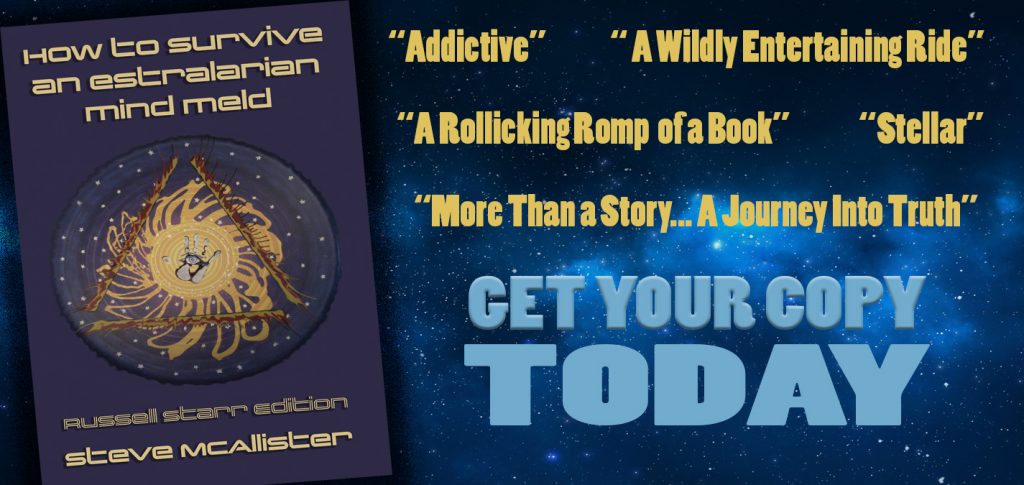
“What are you talking about?” Alicia asked after I explained my premise. “The end of individuality?”
“No, not the end of individuality, per se. Every person as well as every business has its own distinct function, its own distinct characteristics that add color and texture to the whole. But they are also more than just that.”
“I don’t get it.”
“Think of it this way,” I explained, “the world is made up of four elements: air, fire, earth, and water. In a similar way, each person is made up of four parts: mind, spirit, body, and emotion. Follow me so far?”
“Sure. I guess.”
“Human endeavors also have four parts: Creativity, Consumption, Development, and Charity. Every business is devoted largely to one of those endeavors. But what if every business realized that it should be involved in each of those endeavors?”
“That’s your plan?” she said with a raised eyebrow. “To make every business a quartet?”
“They could make some beautiful music.”
“It’s an interesting idea, I’ll admit, but I don’t see how it’s practical.”
“Look, in our current schism, many businesses are out for themselves. Their only interest is serving themselves.”
“Yeah. So?”
“So we’ve been basing our businesses on our own images. Every man for himself. Every business for itself. But if we as people are realizing that we have separated ourselves from each other and the natural world, believe that there can be a better way that will bring us back into greater unity, shouldn’t we be able to do the same thing with our businesses?”
“How does it work?”
“Pick a business.”
Alicia thought about it for a minute and said, “Diaper manufacturers.”
“Okay. Interesting choice.”
“The baby did it.” She patted her belly.
“So the diaper maker is largely in development. They manufacture a tangible product. But they are also consumers in that they buy plastic and cotton or whatever other products they need to make their product.”
“Okay. So what about creativity and charity? How do you get creative with diapers besides the little cartoons they paint on them?”
“In this case, creativity and charity kind of go hand in hand. What’s the major drawback of diapers?”
“Other than the smell?”
“Yes, other than that.”
“The fact that they’ll be with us forever,” she said.
“Exactly. They don’t biodegrade and they’re really harsh on the environment. The most charitable thing they can do would be to create a biodegradable diaper.”
“But that would cost millions in research.”
“Initially, it would be charitable.”
“Initially?”
“They’d have to cover those costs up front, but think of how much it would serve the greater good. But also consider the windfall for the first company to mass produce a biodegradable diaper.”
“So basically your motto is `Do the right thing’?”
“Basically. Is that such a bad thing?”
“No, not at all,” she said. “But I thought you were writing a book on marketing.”
“This is marketing.”
“I thought you were talking about charity.”
“It’s the law of Demand and Supply,” I said, recalling David’s lesson. “The world is in demand of a lot of things right now. We’ve been so focused on creating our businesses as these monolithic
machines that only perform the singular task of making us money that we’ve missed out on how they can actually be used to supply the world with what it sorely needs. By supplying those needs, we’ll actually be creating a bigger and healthier market.”
“It sounds risky.”
“It’s actually anything but. It minimizes risk. It creates balance.”
This is an excerpt from How to Survive an Estralarian Mind Meld. Come back weekly for the next part or order your copy in ebook or paperback today!


